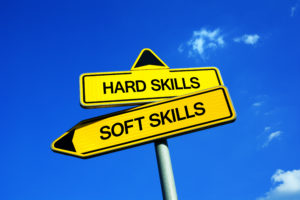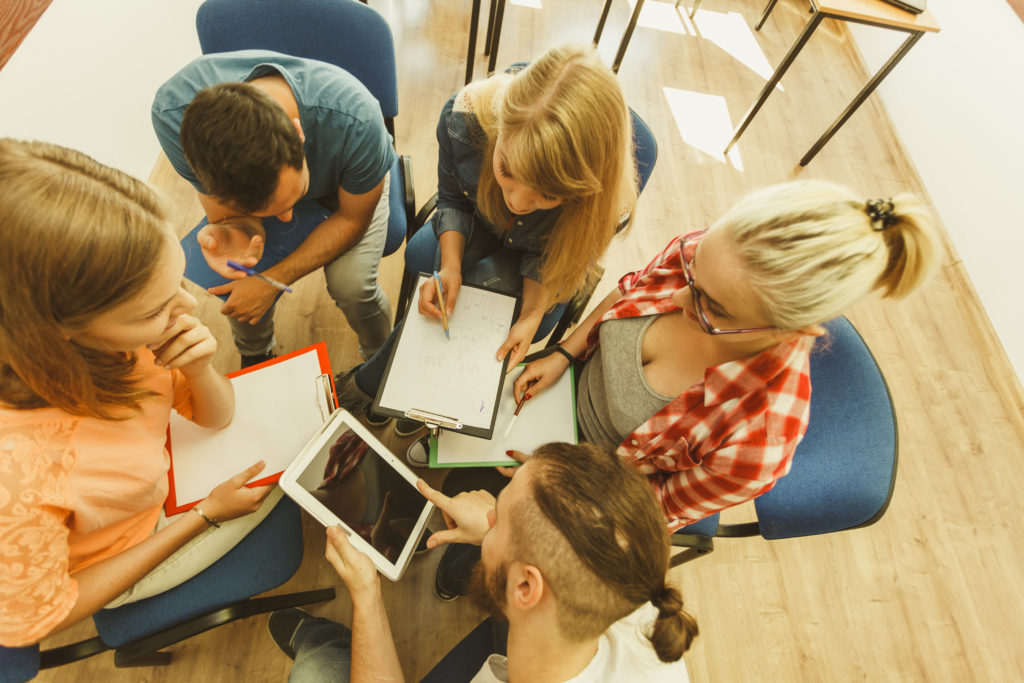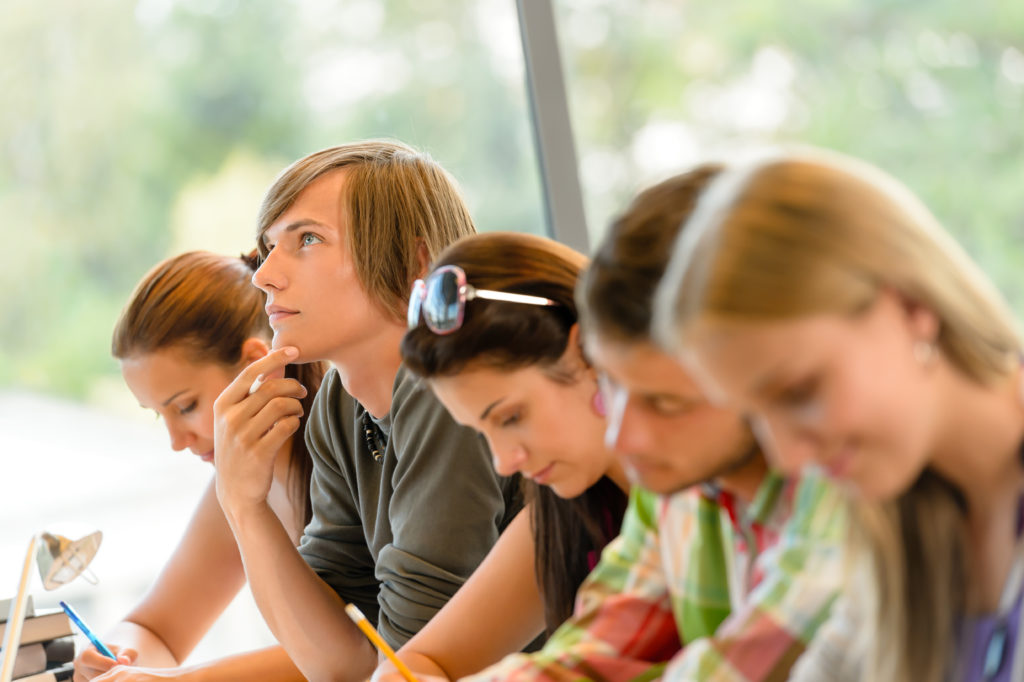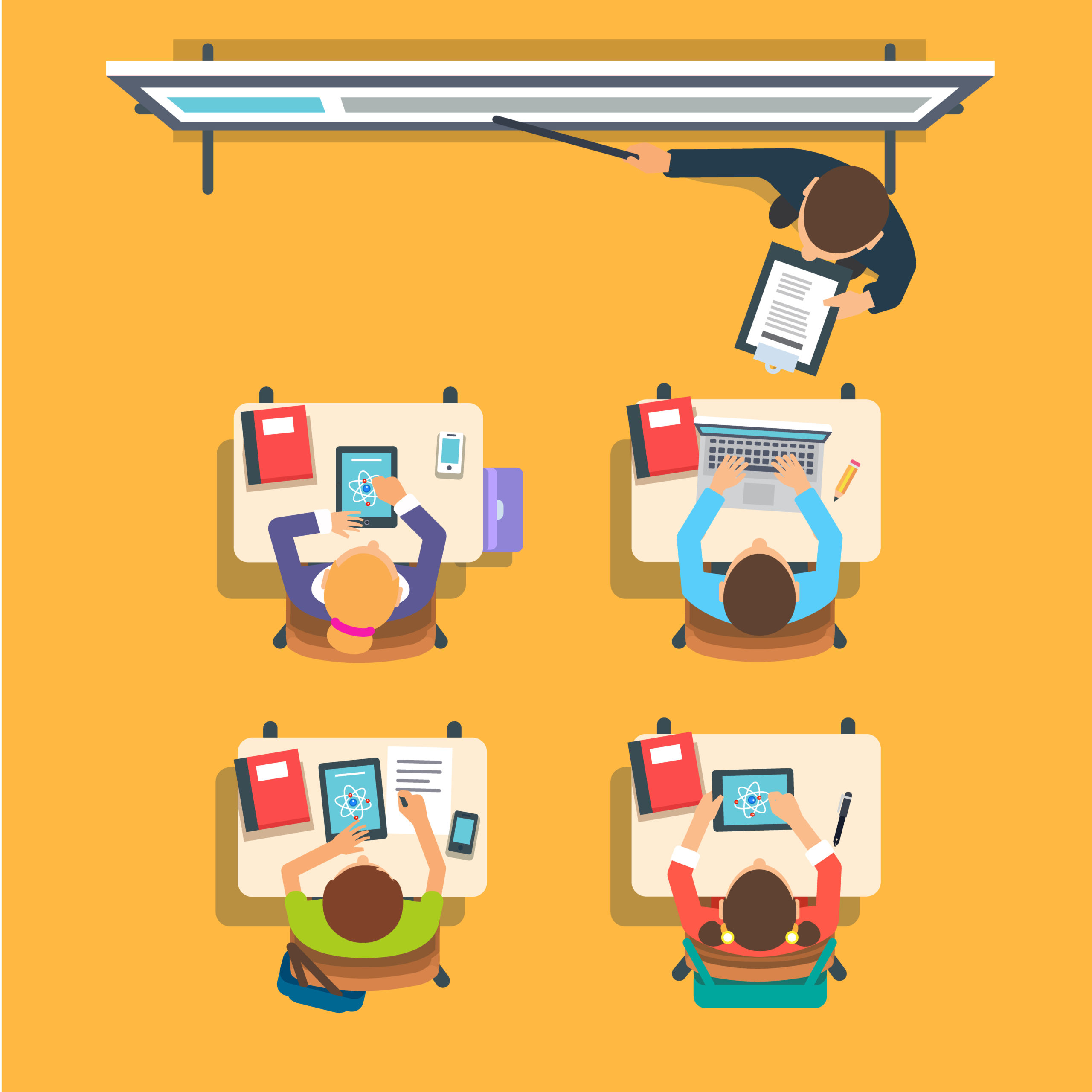By Chia Suan Chong for EtonX
Experienced educators know that the students who have the best scores in their academic exams aren’t always the ones who are most prepared for life beyond school. Students with an uncanny ability to recite large chunks of Shakespeare, spell impossibly difficult words or regurgitate historical dates and facts are not necessarily the students who are able to organise a team to achieve a goal, manage their emotions when taking on feedback or persuade their peers to their way of thinking.
The traditional skills of memorising information and performing mental gymnastics are useful in their own right, but are not sufficient in preparing our students for the world of work: a world where the information they had previously memorised might now be out of date; a world where they will need to build successful working relationships, solve problems on their feet, think creatively and communicate effectively.

What are soft skills?
Also known as life skills or 21st century skills, soft skills are general skills that can be applied to any job or industry. They often have an interpersonal and intrapersonal element to them as they are skills that help us work with other people as well as skills that help us to manage ourselves and our emotions and reactions.
How soft are soft skills?
The ‘soft’ in ‘soft skills’ can be compared to the same adjective used in ‘soft sciences’, a term used to describe the study of more intangible areas like psychology and sociology where it is more difficult to produce objective and accurate measurements and generalised ‘hard facts’.
 In contrast to ‘hard skills’, i.e. the technical knowledge and specific abilities that can be accurately tested and assessed, the word ‘soft’ might connote subjects that are wishy washy, easy and simplistic. But soft skills are far from being any of these things. Like the soft sciences, soft skills deal with the variable nature of human behaviour, and are often complex and require a profound understanding of ourselves and those around us.
In contrast to ‘hard skills’, i.e. the technical knowledge and specific abilities that can be accurately tested and assessed, the word ‘soft’ might connote subjects that are wishy washy, easy and simplistic. But soft skills are far from being any of these things. Like the soft sciences, soft skills deal with the variable nature of human behaviour, and are often complex and require a profound understanding of ourselves and those around us.
This previous EtonX post lists 12 important soft skills that are essential for the workplace, including communication skills, intercultural skills, self awareness and problem-solving skills.
These skills can help students overcome challenges both during and after their school lives, enabling them to handle a variety of situations they are likely to encounter in further education, internships and the workplace.
While traditional education might have concerned itself more with imparting ‘hard skills’ to students, many educators now see the value of an all-round education that equips students with a range of soft skills. Although some believe that soft skills come from life experience and cannot be taught, teachers can provide opportunities for soft skill development by integrating it into their lessons.
Here are seven simple things we can try and do in the classroom to help develop these important soft skills:
1. Develop confidence
Confidence is the foundation to the development any of the soft skills. By believing in ourselves and our abilities, we can overcome our fear of failure, take initiative, and keep going even when we fall. Confidence breeds resilience and a willingness to try new things.
So how can we as educators help build confidence in our learners? We need to offer them opportunities to shine:
- give them roles and responsibilities in the classroom and within their groups where they can lead and/or practise the skills they are good at;
- develop their ability to speak publicly, first in front of their group mates, then in front of the class, and then in front of the whole school;
- don’t just praise good results. Instead, praise their efforts and the strategies they are using to achieve their goals; and be careful of empty praise that is dished out to everyone in the class.

2. Offer autonomous learning
Spoon-feeding students information via a lecture-style lesson can bring about an over-reliance on the teacher. Such a lesson model is often criticised for not being the most effective way to learn something. By moving towards a more autonomous model where students are encouraged to discover the answers for themselves and to think critically and creatively, they are simultaneously learning new information while developing crucial research skills and critical thinking skills. Students are given the responsibility to make some decisions for themselves, think creatively, and develop confidence in their own resourcefulness.
So instead of trying to transmit knowledge, consider posing a question that might tickle their curiosity, and then have them find the answers for themselves. Offer guidance and targets to keep them on track, but let them take charge of their learning.
As Confucius once said, “I hear and I forget; I see and I remember; I do and I understand.”
3. Encourage collaboration and co-operative learning
The best way to hone those interpersonal skills is by practising them. Putting students in groups not only reflects the nature of project work and teamwork that is prevalent in the modern workplace, it also gives them the opportunity to practise organising themselves, managing their goals and deadlines, negotiating to make decisions, listening actively and supporting each other, and gaining empathy for others.
Whenever possible, have students working in pairs, in small groups of three or four, or bigger groups of six or more. Monitor for maximum participation, and consider varying the roles that each student is taking so that they get to discover new ways of contributing to their groups.

4. Encourage problem-solving
On their learning journey, students might come across problems that bring about negative emotions. Whether it is an obstacle to a task, an issue with a classmate, or difficulties understanding a topic, problems are opportunities for our students to hone their problem-solving skills.
So we should fight our instincts to dive in and make the problems go away for our students, and instead guide students towards:
- asking questions;
- identifying the issues and understanding the problem;
- evaluating the options;
- thinking creatively;
- considering the contingencies;
- and using problem-solving lessons to cultivate those skills.
5. Acknowledge the role of mistakes and failure
Mistakes and failure are inevitable and it is how we deal with them that determines how much they can go towards helping us develop as people. The intangible nature of soft skills often means that we have learn by trial and error, celebrate the gift that failure brings and recognise the futility and restrictiveness of perfectionism. If our ability to embrace mistakes is honed, it can enable us stretch our limits and reach further.
We can help students understand the role of mistakes and failure in their learning journey by:

- openly discussing mistakes and re-framing mistakes as a gift that can help us learn;
- helping students separate the facts from their emotional reactions to their mistakes or to negative feedback;
- adopting a growth mindset and reminding students of how much they are learning from the process;
- embrace the power of ‘yet’ – add ‘yet’ when students lament of what they can’t do, e.g. “You can’t do that YET but if you keep trying, you will be able to.”
6. Use hypotheticals
The circumstances we are in and the way we are taught to see ourselves can sometimes restrict the way we see the world and our place in it. By bringing in hypothetical scenarios through the use of role plays, case studies and critical incidents, students are offered the chance to see the world through a different set of eyes, thus increasing their awareness of others, improving their ability to empathise, and giving them a chance to consider things from a different perspective.
In addition to injecting some fun into the classroom, role plays can serve to increase the confidence of shyer students. As hypotheticals are slightly removed from the students’ own realities, they can help students to work on their communication skills and intercultural skills without the risks of feeling like they are putting their own personalities and opinions on the line.
7. Encourage reflection and promote self-awareness
In order to develop the intrapersonal and interpersonal skills needed in most of the soft skills, students need to be able to reflect on their actions, their thoughts and their emotions. And you can help them practise doing this by including questions about their personal responses in regular classroom activities.
Ask questions like:
- ‘What do you think of that decision?’;
- ‘How did you feel about what he said?’;
- ‘What would you have done instead?’;
- ‘Did you react positively or negatively to it?’
- ‘What’s your opinion on this?’;
- ‘Do you agree with him? Why?’

While we can try and incorporate the development of soft skills into our classroom, it might sometimes feel like added pressure on top of an already-packed curriculum. But these essential soft skills no doubt deserve more attention and focus, and we can give students added opportunities to nurture them by encouraging participation and leadership in extra-curricular activities or by offering opportunities to do additional courses focused on developing specific soft skills.
By helping students develop their soft skills, we can better prepare them for a life of continuing development, regardless of the industry they end up in.
“Give a man a fish and he eats for a day. Teach him to fish and he eats for a lifetime.”Lao Tzu
